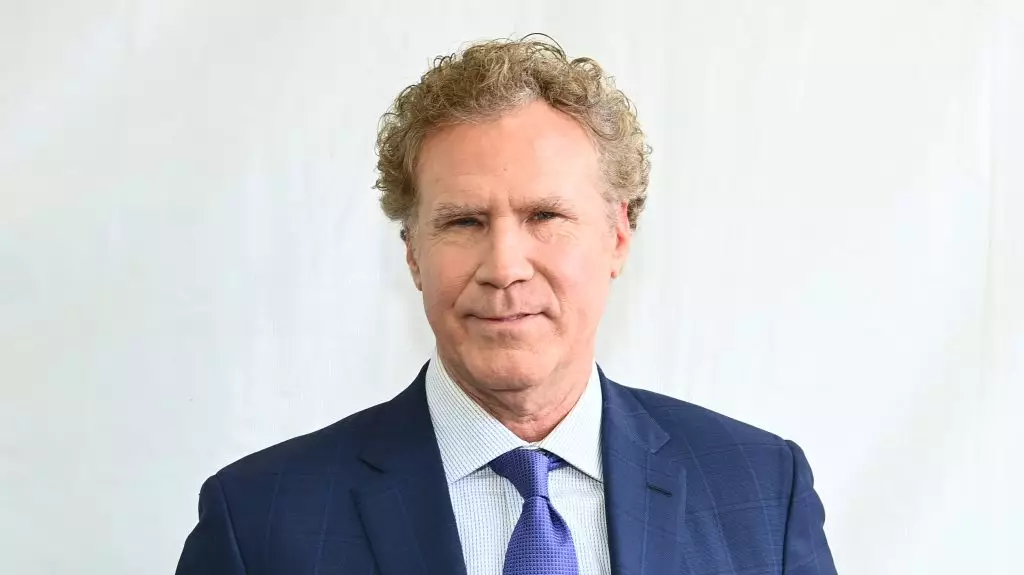Will Ferrell’s latest venture, “Will & Harper,” transcends standard entertainment norms as it delves deep into themes of friendship, acceptance, and identity. With the documentary set to debut on Netflix and select theaters, Ferrell emerges not just as a comedic figure, but as a poignant advocate for the transgender community. This profound change in his public narrative invites viewers to rethink the importance of allyship and the ways in which personal connections can challenge societal norms.
In conversations surrounding the documentary, Ferrell articulated a significant observation regarding the roots of transphobia—fear. He suggested that a lack of understanding often breeds hatred, emphasizing that “we fear what we don’t know.” This perspective is crucial in recognizing not only the existence of transphobia but also its often irrational underpinnings. It invites us to explore how misconceptions about gender identity contribute to wider societal fears and the impact that these fears can have on individuals within the transgender community. By highlighting this critical point, Ferrell casts light on the need for education, understanding, and open dialogue as essential tools in dismantling such pervasive prejudices.
“Will & Harper” stands out as a unique narrative that chronicles the evolving relationship between Ferrell and Harper Steele, his longtime friend and colleague who recently transitioned to become a woman. Their decision to embark on a cross-country trip together symbolizes a commitment to understanding and accepting not only each other but themselves. This journey serves as an intimate portrayal of a transformative phase in both their lives—a testament to how friendship can offer a refuge and a platform for exploration and acceptance.
Ferrell reflects on his relationship with Steele, feeling no threat from her transition but rather celebrating her authenticity. This attitude serves as a vital reminder that happiness, particularly that of others, should never be viewed as a threat. Instead of embracing inclusivity, many individuals succumb to insecurities that fuel their discomfort with differences. In a world increasingly polarized by identity politics, Ferrell’s insights promote a much-needed narrative shift towards personal growth and mutual acceptance.
As the documentary gears up for its release, it is poised to play a significant role in influencing cultural perceptions of the transgender community. With its early acquisition by Netflix following a successful premiere at Sundance, “Will & Harper” harnesses the platform’s vast reach to impact audiences globally. The filmmakers express hope that the film will “help shift the culture”, which reinforces the capacity of storytelling as a vehicle for societal change.
Ultimately, “Will & Harper” is more than just a documentary; it is a look into the human experience, challenging viewers to confront their biases and embrace the beauty of authenticity. As Will Ferrell champions the cause of his friend Harper and the broader transgender community, he calls upon us to reflect on our attitudes and actions towards those who may differ from us. In doing so, he invites a broader conversation about friendship, acceptance, and the journeys we undertake together.

Leave a Reply